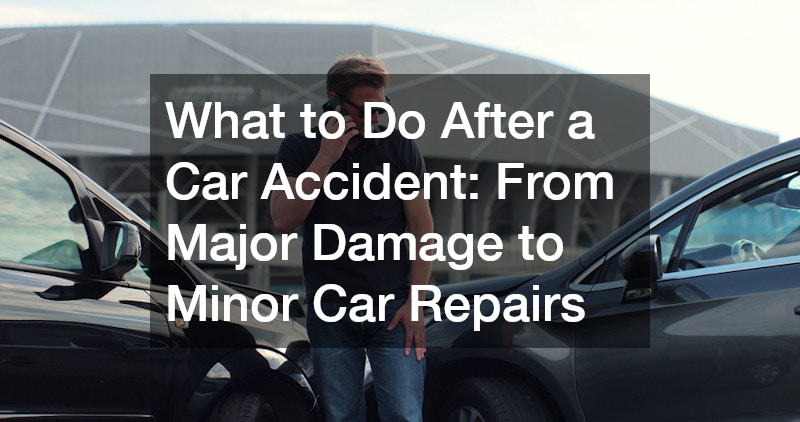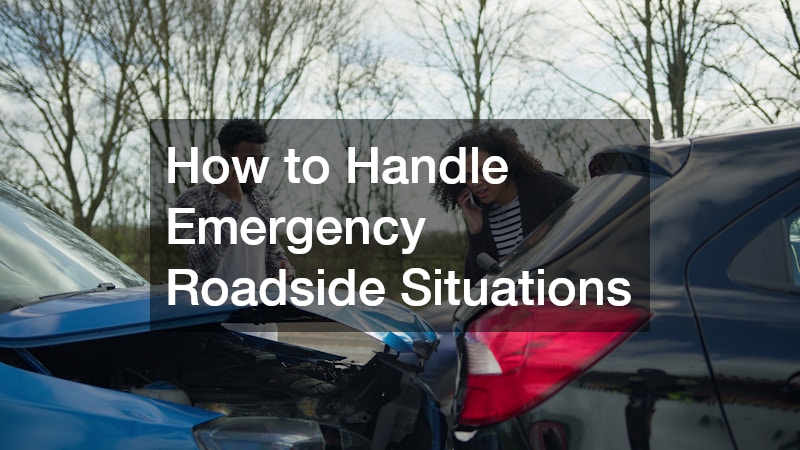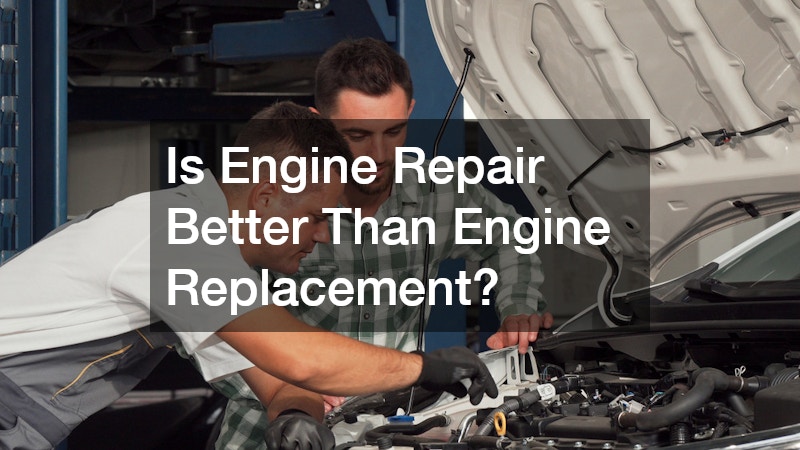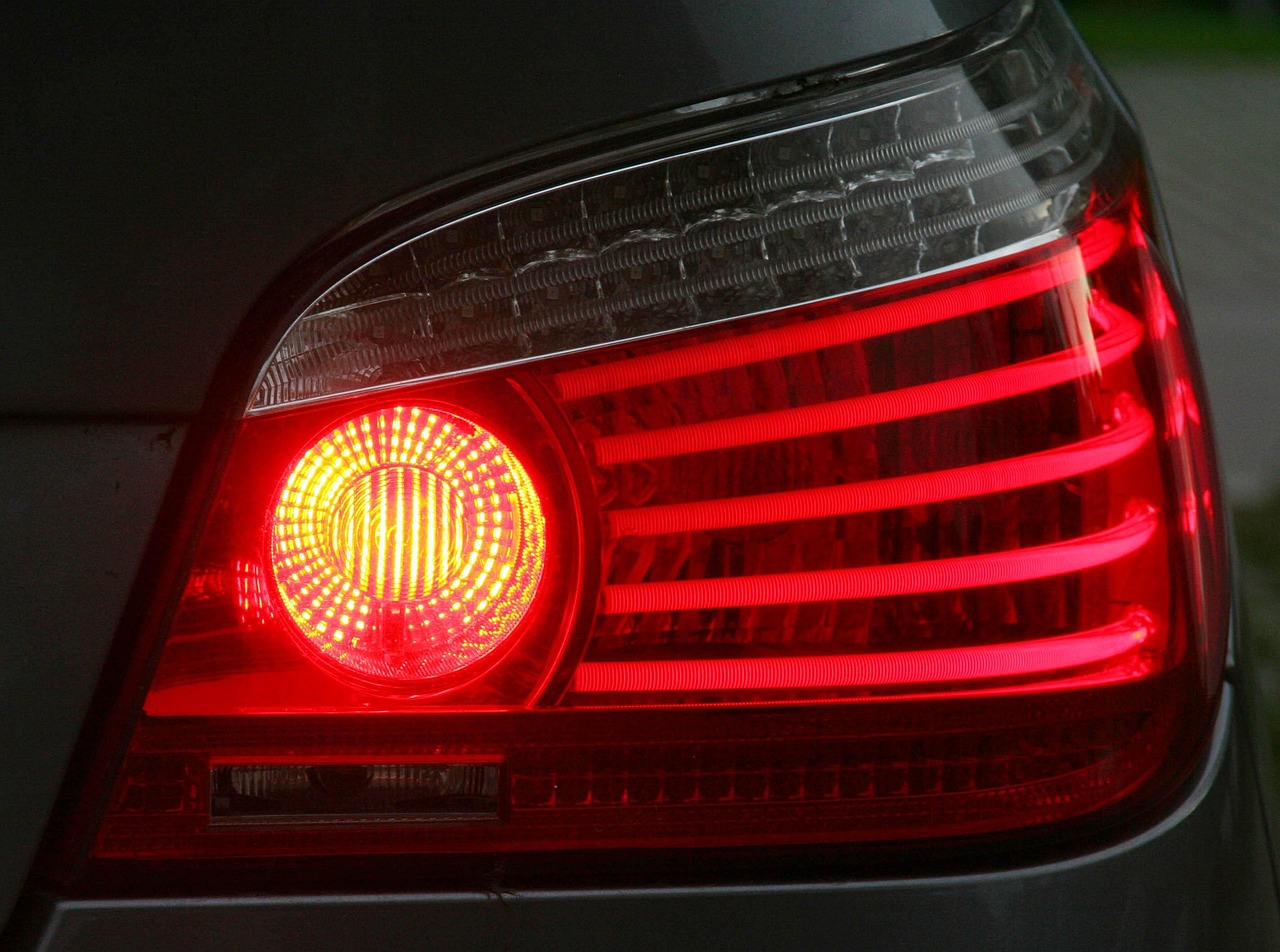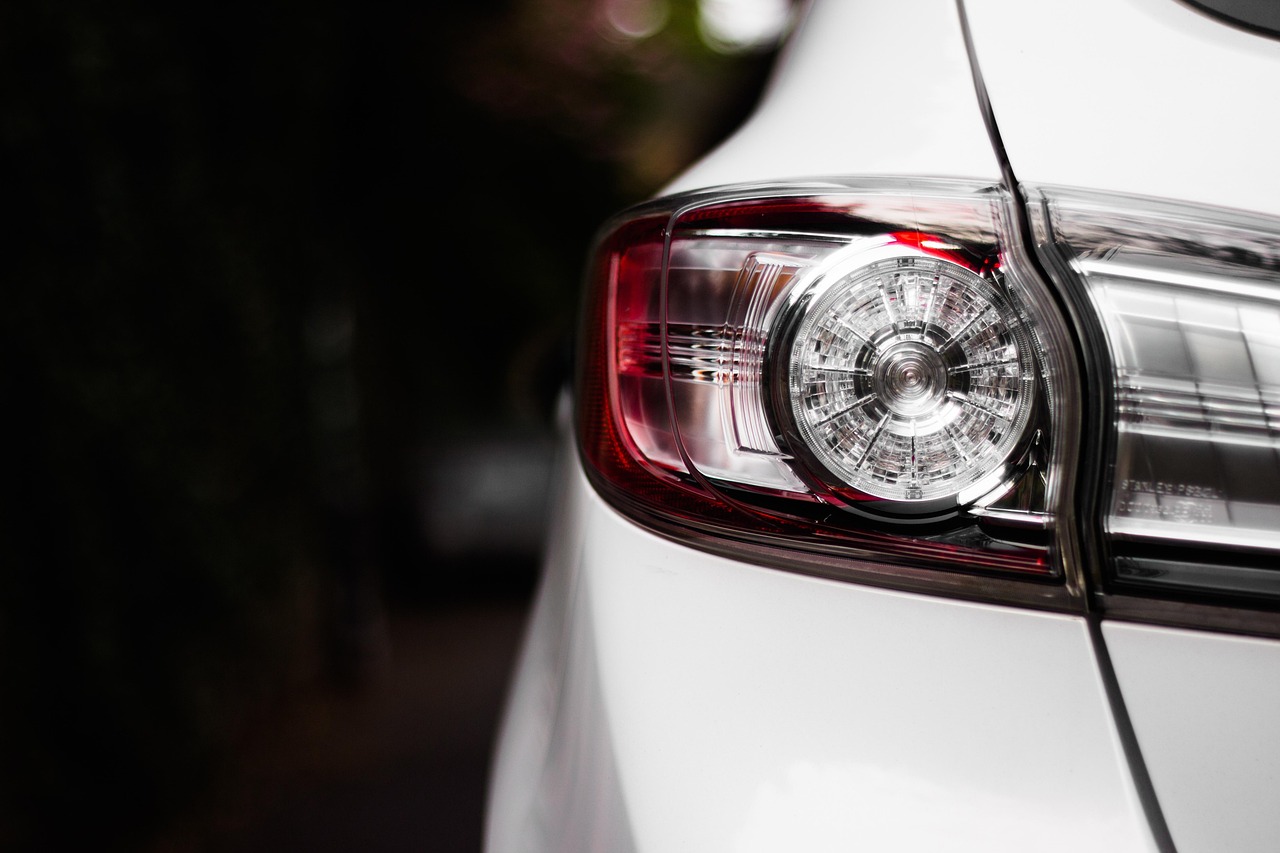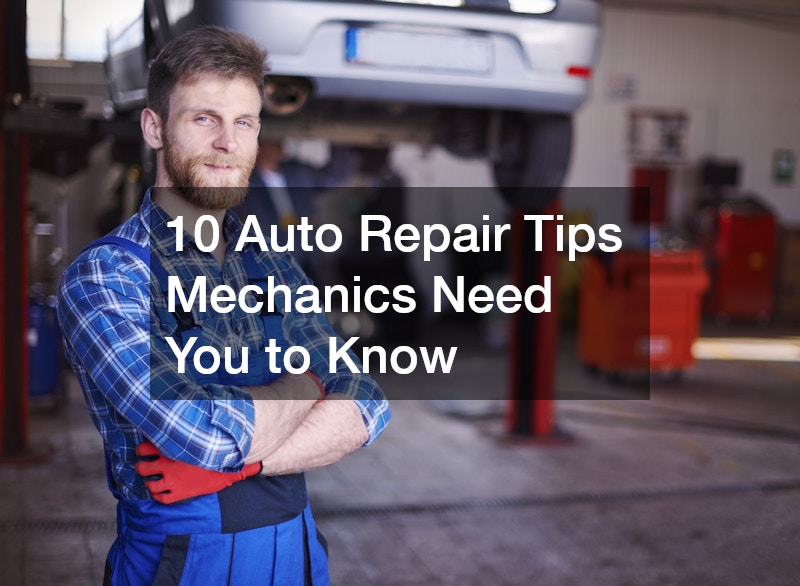Experiencing a vehicle accident can be an overwhelming ordeal. The immediate aftermath involves ensuring personal safety and assessing the damage done to your vehicle. Then comes the often daunting process of getting your car repaired. Understanding the steps involved—from removing your vehicle from the scene safely to handling insurance claims—can alleviate some of the stress and restore a sense of control. When it comes to minor car repairs, knowing where to start can make all the difference. This article aims to provide comprehensive guidance for navigating vehicle repairs. It will address everything from choosing the right towing services to making informed decisions about foreign auto repair, ensuring you have all the tools necessary for a smooth recovery process.
Getting Your Vehicle Off the Scene Safely

Immediately following an accident, ensuring your vehicle is moved safely from the scene is crucial. This is where reliable towing services come into play. It’s important to choose a service that not only responds quickly but also has the expertise to transport your vehicle without causing further damage.
Minor car repairs can become major expenses if the vehicle is not handled appropriately during transport. Evaluating towing services based on their reputation and the condition in which they deliver your vehicle can help prevent additional issues. Always seek recommendations and read reviews to find the most trusted towing service in your area.
Once your vehicle is safely towed, the focus can shift to the next steps in the repair process. A clear understanding of this initial phase can lay the groundwork for efficient and effective repairs. Having this first step under control can greatly affect the overall repair timeline and costs.
Additionally, confirm whether the towing service is covered by your insurance provider or roadside assistance plan. Not all services offer 24/7 availability, so it’s wise to find one that does, especially for late-night or weekend accidents. Reliable towing is not just about transportation—it’s about preserving the condition of your car and starting your recovery process the right way.
Choosing the Right Place for Body Work
After ensuring your vehicle is transported safely, selecting the right local auto body shop is the next priority. A competent shop will diagnose the required body work accurately and implement the necessary repairs efficiently. Visiting a local auto body shop also offers the advantage of supporting small businesses in your area.
Minor car repairs can vary in complexity, so it’s crucial to choose a shop with a proven track record. Evaluate the shop’s experience with the specific repairs your vehicle needs. Customer reviews and word-of-mouth recommendations are invaluable resources during this selection process.
Cost should also be considered when choosing a shop for body work. While seeking affordable options is natural, be wary of shops offering significantly lower rates than competitors as this can sometimes reflect compromises in quality. Ensuring quality service from the start is pivotal in avoiding recurring issues.
It’s also helpful to visit the shop in person to assess cleanliness, professionalism, and customer service. A good shop will walk you through the repair process, provide a timeline, and explain your options clearly. Ask if they use OEM (original equipment manufacturer) parts or aftermarket ones—this can affect long-term performance. Transparency and quality are key to a successful repair outcome.
Who to Trust Under the Hood
An experienced auto mechanic is fundamental to addressing issues related to your vehicle’s engine and other technical components. The key here is to find someone who understands the intricate details of your vehicle’s make and model. Regular consultations with a trusted mechanic can preempt potential issues before they necessitate major repairs.
Minor car repairs often require specialized knowledge of certain vehicle brands and models. A mechanic familiar with your specific vehicle make can perform more precise diagnostics and repairs, ensuring your car runs optimally post-accident. Local mechanics often build rapport with their clientele, fostering trust through transparent service practices and fair pricing.
When selecting a mechanic, explore options beyond just cost. Credentials, years of experience, and customer feedback collectively ensure you choose a mechanic who values both safety and service quality. Trustworthiness underpins any mechanic-client relationship, making transparency in diagnostics and billing a key factor in selection.
Don’t hesitate to ask about certifications such as ASE or dealer-specific training. A good mechanic should also be willing to explain issues in plain language and show you affected parts. Building a strong relationship with a mechanic creates peace of mind for future issues—and may even save you money through preventative maintenance down the line.
Navigating the Paperwork and Claims Process

Handling auto insurance claims is a necessary step following a vehicle accident. Efficient processing of paperwork and claims can expedite your repair process. Understanding the specifics of your auto insurance coverage is critical to managing expectations regarding what repairs are covered.
Minor car repairs can sometimes be overlooked in insurance assessments, emphasizing the importance of documenting damage thoroughly. Presenting clear photographic evidence alongside repair estimates may bolster your claim, potentially increasing reimbursement amounts. It’s about ensuring your coverage fully addresses the nature of the repairs required.
Keeping consistent and reliable communication with your insurance provider can ensure smoother processing of your claims. Manning the paperwork diligently and providing necessary documentation promptly helps streamline insurance cooperation. The ultimate goal is to minimize out-of-pocket expenses by leveraging your insurance benefits to their fullest extent.
Also, consider whether you’re eligible for rental car coverage or reimbursement during the repair period. Keep a log of every conversation with your insurance adjuster, including dates and summaries, to avoid miscommunication. Understanding your deductible, policy limits, and what documentation is required can prevent delays. Being proactive and organized is the best strategy for maximizing your insurance claim and speeding up the repair process.
Legal Help When You Need It Most
While not everyone may require an accident lawyer after a vehicle incident, legal assistance can be essential in more complex scenarios. Should disputes arise regarding liability or compensation, a lawyer can offer expertise in navigating these challenges. Even for minor car repairs, involving legal advice can sometimes facilitate negotiations with insurance companies.
Understanding your rights following an accident can shield you from potential pitfalls. An accident lawyer provides guidance on your legal standing, ensuring fair treatment and representation. This ensures the focus remains on recovery without undue stress from administrative or legal proceedings.
Choosing an experienced lawyer familiar with vehicular accident cases is vital. Their insights can significantly impact the outcome of any proceedings or negotiations. Engage with legal professionals promptly to maximize their effectiveness and secure a favorable outcome.
Restoring Your Vehicle After a Collision
Following body work and mechanical evaluations, restoring your vehicle may require visits to collision repair shops. These shops focus on rectifying structural and aesthetic damage resulting from collisions. Ensuring the quality of repairs performed aligns with industry standards is critical to maintaining your vehicle’s value and safety.
Choosing a facility that specializes in collision repair can guarantee effectiveness across a range of repair services. Minor car repairs often extend beyond simple fixes, necessitating expertise in alignment, painting, and cosmetic adjustments. Collision repair shops are equipped with the necessary tools to perform these tasks proficiently. Skilled technicians are able to restore the car’s structural integrity, ensuring that your vehicle not only looks like new but is also safe to drive.
Minor car repairs in the scope of collision repair require attention to detail, ensuring that every aspect of the vehicle is restored to pre-accident condition. It’s also essential to have proper inspections and quality checks performed before you take the vehicle back. Opt for shops that offer warranties on their services, reflecting confidence in their work and offering you added peace of mind. A warranty can also provide assurance that if issues arise after the repair, you can return for corrections without additional costs.
Fixing the Cracks That Can’t Be Ignored
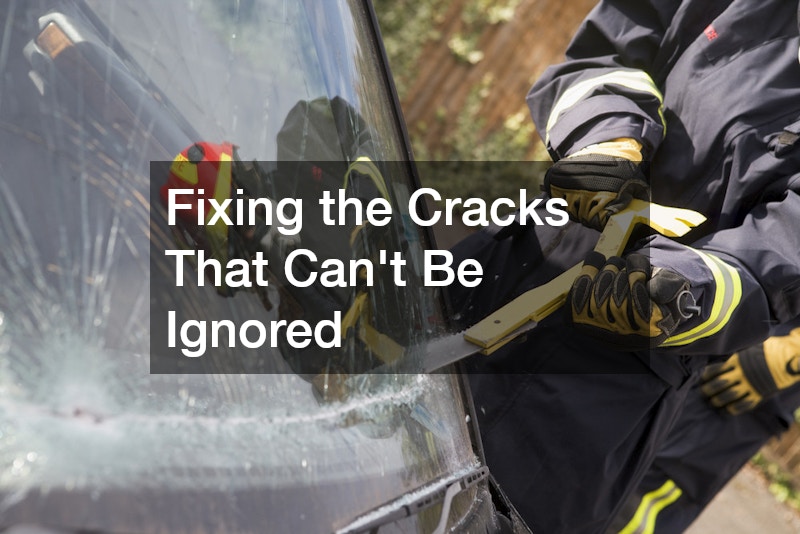
Car windshield replacements are an essential service stemming from even minor collisions. Neglecting minor cracks can result in more significant issues, compromising visibility and overall safety. Addressing windshield damage promptly through professional replacement services is a preventive step towards safer driving.
Windshields form a crucial component in a vehicle’s structural integrity, especially in passenger protection during accidents. Choosing reputable service providers ensures superior materials and installation techniques, safeguarding both function and safety. For minor windshield cracks, restoration services can sometimes offer budget-friendly fixes.
Always consider prompt action when dealing with windshield damages to prevent escalation. Utilize trusted professionals specializing in car windshield replacements for efficient and reliable service. A secure and intact windshield directly contributes to better vehicle performance and occupant protection.
Replacing What’s Damaged
The role of quality car parts can’t be underestimated when considering mid to long-term vehicle performance. Ensuring that damaged parts are replaced timely and effectively avoids issues down the line. An accurate assessment of needs, backed by expert advice, ensures that replacements align with manufacturer specifications.
Minor car repairs emphasize the importance of optimizing vehicle functionality through quality parts. Whether due to collision or wear-and-tear, replacing damaged components promptly guards against further degradation and safety risks. Invest in original or reliable aftermarket parts to maintain the integrity of your car. Using the correct parts can also help prevent future breakdowns and contribute to better overall performance.
Budgetary constraints may lead you to consider alternative sources for parts. However, balance affordability with quality, avoiding compromise on the latter. Trusted suppliers and certified dealerships often present the best avenues for both sourcing and implementing quality replacements. Be cautious when opting for lower-priced, unbranded parts, as they may not meet the required standards, potentially affecting performance or safety. Always do your research and consult professionals who can help guide you to make the best decisions for your vehicle’s long-term care.
Specialized Repairs for International Models
Foreign auto repair focuses on vehicles manufactured outside of the local market. Specialized attention ensures genuinely minor car repairs are conducted with precision, restoring performance and reliability. This is especially important for repairs demanding specific knowledge of international models.
Selecting a repair facility versed in foreign vehicles guarantees familiarity with intricate designs and unique specifications. Certified professionals offer the expertise needed to navigate complex international standards efficiently. Such focus minimizes risks of improper repair and enhances vehicle longevity.
Evaluating your options before committing to a repair facility specializing in international models ensures your unique vehicle needs are met. Always verify the credentials and affiliations of your selected service firm for reassurance regarding their expertise. Continuous, precise care upholds vehicle value and dependability.
Budget-Friendly Options for Fixes

The use of a used auto part presents a viable option for minimizing repair costs. Sourcing reliable used components aids in achieving minor car repairs at reduced expense without sacrificing quality. Ensure that parts are inspected and vetted to align with necessary performance standards.
Choosing used parts requires discernment to avoid substandard replacements that could incur future expenses. Collaborating with a reputable merchant or swap network presents chances for securing quality parts affordably. Always validate provenance and condition prior to purchase and installation.
By integrating used parts effectively into car repairs, balanced spending is achieved. Discerning between parts worth the cost-saving measure comes with practice, research, and sound advice. This pathway supports optimal repair results compatible with stringent budgetary considerations.
Navigating the repair process following a vehicle accident involves several crucial steps. Each step—from minimizing initial damage through strategic towing services to selecting the right collision repair shops—plays a vital role in ensuring efficient and effective repair of your vehicle. A deep understanding of small-scale repairs reveals their significant influence on overall vehicle maintenance and performance. Key elements like ensuring access to quality car parts and managing repair budgets through the strategic use of used auto parts are invaluable. Coupling these steps with ancillary services such as professional auto mechanic assessments, clear auto insurance negotiations, and, when necessary, legal aid, secures a comprehensive approach to vehicle recovery. Ultimately, prioritizing informed decisions and entrusted professionals empowers you to restore your vehicle efficiently post-accident, with all processes meticulously harmonized to promote safety, reliability, and value retention.

